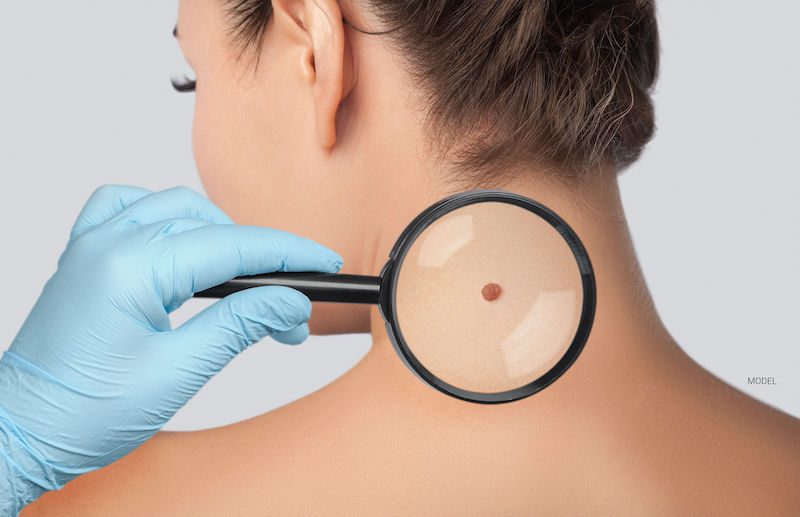Mohs Surgery | The Office of Dr. Vincent Hung
3 Minute Read:
There’s no question about it: the word “cancer” is terrifying. And while any form of cancer is serious and requires immediate attention, the good news is that there are many ways to treat and stop skin cancer before it progresses to truly dangerous stages.
One of the most successful treatments for skin cancer is Mohs surgery; however, many women and men do not fully understand what Mohs surgery is or how it can help treat skin cancer.
Below, we’ll explore Mohs surgery by taking a look at how it’s performed and what you can expect (both before and after the procedure).
How Is Mohs Surgery Performed?
The Skin Cancer Foundation reports that over 3.3 million people are diagnosed with skin cancer every year. Luckily, most cases of skin cancer are treatable and do not cause serious health risks, as long as they are detected and addressed early. This is one reason why regular self-checks of your skin are so important.
Mohs surgery is one of the most effective and trusted treatments for removing skin cancer. With Mohs surgery, the thin layers of skin around the cancerous tissue is surgically removed.
Once this skin is cut away, it is examined to see if there are any signs of cancerous cells. If so, additional thin layers of skin are removed and examined. This process is continued until there are no signs of cancer in the removed tissue, which signals cancer-free skin.
What Are the Benefits of Mohs Surgery?
In addition to successfully removing cancerous cells from the body (thereby stopping the spread of cancer), Mohs surgery is effective with preserving as much healthy skin tissue as possible.
Because the removal of skin around the cancer is so small, Dr. Hung can remove only the needed amount of skin. This process allows you to keep as much of your natural, healthy skin as possible, which is a major improvement to older skin cancer treatments.
Other benefits of Mohs surgery include the fact that this procedure is performed under anesthesia (meaning that you will not feel any pain during the procedure), and most patients only need one Mohs surgery procedure to be free of their skin cancer.
What Should You Expect After Your Mohs Surgery?
After your Mohs surgery, you will likely have some bruising, swelling, and discomfort in the surgical area. These side effects should dissipate within a week or two, and over-the-counter medication can be taken to alleviate any pain you may experience. You will be required to wear a bandage over the surgical area for the first several days; this bandage protects the sutures and promotes healing. While it is important that you refrain from strenuous activity until you are cleared by Dr. Hung, many patients are able to return to work and many of their normal, daily activities the day following their procedure.
One of the biggest concerns that women and men have about Mohs surgery is scarring after their procedure. Because Mohs surgery requires the removal of skin from the body, scarring is inevitable. However, the extent (size and visibility) of the scar is dependent on various factors, including the location of the skin cancer, the amount of cancerous tissue removed, and the depth of the cancerous tissue.
The good news is, Mohs surgery removes the cancerous tissue only, meaning that the resulting scar will be as small as possible.
Skin reconstruction techniques can be performed to repair the area. When the cancer removal was small, the wound can often simply be closed; however, when larger, a skin graft may be necessary.
Want to Learn More About Mohs Surgery?
If you have questions about Mohs surgery in Southern California, including whether you are a candidate for this procedure, please feel free to contact Dr. Hung at 626-432-5032 (Pasadena) or 949-574-8292 (Newport Beach).

